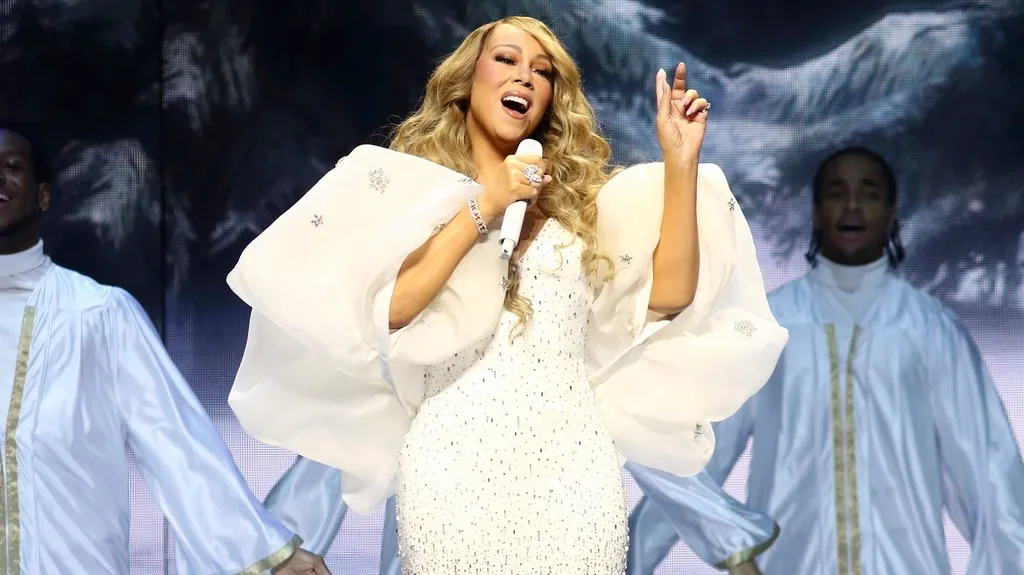November 26, 2008
Milk
Roger Brigham READ TIME: 4 MIN.
Hope may be defined as the realization that we cannot change the way people are...but we can always work to change the way they will be. That was the essential political message and legacy of Harvey Milk's life, and it is captured with a sublime performance by Sean Penn in Milk, director Gus Van Sant's biopic of the former San Francisco city supervisor who changed the American political landscape.
"Milk," which will have a limited national release Nov. 26, world premiered Tuesday at the Castro Street Theatre in San Francisco - Milk's old neighborhood. The film's archival footage, location shots from a retro re-made Castro Street, and tight adherence to the facts result in a portrayal that accurately captures not just the very different social climate of 1970s San Francisco and the gay-ghetto Castro district, but as well as possible the personal and political idiosyncrasies that made Milk Milk.
The film begins where the story ends, with flashback news footage of the night Milk and Mayor George Moscone (played by Victor Garber) were gunned down in City Hall by disgruntled former fellow supervisor Dan White (Josh Brolin) juxtaposed with Milk recording his thoughts about his move to San Francisco from New York and what he hoped to achieve - thoughts to be shared only in the event that he was assassinated.
Milk's initial futile forays into politics with then-boyfriend Scott Smith (James Franco) begin to pull together a solid activist staff, including the likes of Anne Kronenberg (Alison Pill), Cleve Jones (Emile Hirsch) and Michael Wong (Kelvin Yu) that yields results when the city begins electing supervisors by district rather than citywide, ushering a wave of new diverse faces, including White's and Milk's. As a wave of homophobic political setbacks sweep across the country on the skirts of Anita Bryant, Milk is able to get the city council to pass legislation protecting gay jobs, and spearheads through a series of debates with extremist John Briggs (Denis O'Hare) a successful rejection of a statewide proposition that would have prevented teachers in California ever from saying anything but evil about homosexuality. But White, an emblem of every cultural and religious value that felt threatened by increased acceptance of gays and lesbians and financially frustrated after Moscone refuses to re-appoint him after he ill-advisedly resigned, stalks each man down in City Hall during office hours and kills them.
It may be hard for younger viewers who visit San Francisco now to understand the depths of the darkness against which Milk was rebelling. Homosexuality was not merely the love that dared not speak its name - it also dared not show its face. Milk gave that love a face, a big homely lovable face, and showed it in political contexts where it had never been shown before. It was possible - likely, even - to disagree with Milk, but it was impossible to ignore him.
Rob Epstein's masterful 1984 documentary "The Times Of Harvey Milk" does a far better job of sketching out the character of Milk and showing the step by step process by which he rose to power, was gunned down, and the immediate aftermath of injustice and anger that followed. The success of Van Sant's "Milk" is more in the capturing the social sense of those dark and daring times.
Van Sant and Penn do not perform a whitewash on the sexual mores rampant on Castro Street at that time. Sex in "Milk" does not have the raw, explosive confrontational style of "Brokeback Mountain," but the ubiquitous flirting, cruising and just plain going down on each other are shown in the context of the times: the acts of frustrated people acting out against repression, hatred and social damnation. Having no hope of getting what they wanted, people got what they could get. Milk gave them hope.
Oddly left out is any reference - even in passing - to the Jonestown massacre, the horror of which still shrouded San Francisco during those final weeks. Also left out is any mention of Milk's notable work to improve city transit.
What is left in, thankfully, are Milk's successful community support of the Teamsters in their dispute with Coors, which showed Milk's eagerness to work with other segments of society, and his drive to rid city sidewalks of dog poop. The man most feared at the time for stirring up crap was also the most successful at getting rid of it.
Also what is captured is the degree to which Milk had to fight the "progressive liberals" of the time. Gay rights had been the right that was left off the Civil Rights bandwagon, and the wagon masters were none too keen to let anyone else back on board. Milk learns the importance of giving voters hope from Art Agnos during their battle for the state Assembly, and clashes over the cautious political tactics of Advocate editor and publisher David Goodstein.
Danny Elfman's musical score is haunting, perfectly framing Milk's private moments. Wonderful, too, are the returning musical insertions of Puccini's "Tosca" - a bittersweet opera about the personal sacrifice of love in the fight for political justice. Milk loved opera and he knew all about sacrifice, justice, and the power of both.
Only those who knew Milk personally will be able to judge how accurately Penn captures the private persona. We see him as a man with appetites and a love of life, not seeking death as a martyr but unwilling to shy away from a resolute course merely out of fear. There is self-deprecation when he mumbles quips to friends, and a quiet, bemused mockery when he wittily barbs a political adversary. Memory clouds over time, but this performance makes us remember why Milk was so captivating.
Sacrifice and hope. "Milk" ends as it began, with the ending of an era and the birth of a new age.
Roger Brigham, a freelance writer and communications consultant, is the San Francisco Editor of EDGE. He lives in Oakland with his husband, Eduardo.






